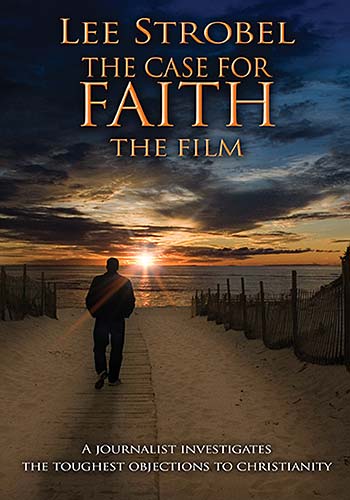Are the Gospel accounts of Jesus’s life rooted in first century Palestine or are they legendary accounts written more than a hundred years later? What of the so-called apocryphal gospels (e.g., Gospels of Thomas, Mary, Judas) that also claim to be true accounts of Jesus’s life? A few biblical scholars claim that the apocryphal gospels deserve as much attention as the four canonical gospels.
Biblical scholar Craig Hazen, in a blog post, brings to our attention new archaeological evidence that bolsters the authenticity of the canonical gospels and undermines the authenticity of the apocryphal gospels. What is this new evidence that roots the canonical gospels firmly in the first century?
Over the last decade, a new area of research has confirmed that the writers of the Gospels did indeed have the kind of intimate and detailed knowledge of life in that time and place. And this new research comes from an in-depth study of personal names.
In 2002 an Israeli scholar by the name of Tal Ilan did some seemingly boring work that has yielded some important dividends for New Testament authentication. She sorted through documents, engravings, scraps of papyrus, ossuaries and the like from the time period surrounding Jesus and the apostles in order to make a list of over 3,000 personal names — along with whatever bits of information she could find about those names. It was as if she were compiling a phone book from ancient trash heaps.
So what? How could this list of ancient names have anything to do with the historical authenticity of the Gospel accounts?
Because of her work, it became possible for the first time to find out what personal names were the most popular during the time of Jesus and how those names were used. Why is this important? Well, if the Gospel writers really had no solid contact with the characters in the stories, if they were writing decades later and had never visited the lands about which they were writing, getting the names right would be unlikely to the point of impossible.
Hazen offers this example to drive the point home:
It would be as if a person who had never set foot out of California were attempting to write a story about people living in Portugal 60 years ago and the writer perfectly captured all the details of the personal names of the day without traveling, without the Internet, without encyclopedias or libraries. Clearly, guesses and intuitions about Portuguese names from over a half-century earlier are exceedingly unlikely to match the real situation on the ground.
So how does Ilan’s list match the names used in the four New Testament Gospels?
But this new research shows that the Gospel writers were “spot on” in regard to the popularity, frequency, proportion and usage of personal names in the text of Scripture, indicating very deep familiarity with life in the exact area and timeframe of Jesus and his earliest followers. British New Testament scholar Richard Bauckham did some exhaustive work correlating New Testament names . . . with the list of 3,000 names compiled by Ilan and concluded the following:
- The Gospels were nearly perfect in how they captured the frequency of names among Palestinian Jews of the time. For instance, Ilan’s list of the 10 most popular names matched rank for rank the list of the most frequent names in the Gospels and Acts. This is an extraordinary confirmatory correlation.
- By contrast, if you examine the most popular Jewish names in a different region (such as Egypt) at the time, the list is dramatically different. The pattern of names does not match what we know the pattern to be in Palestine.
- Also by contrast, if you examine the names that appear in the Apocryphal Gospels (such as the Gospels of Thomas, Mary, Judas), you discover that the frequency and proportion of names in these writings do not match what we know to be true of names from the land and time of Jesus. Hence the Apocryphal Gospels do not have the ring of authenticity with regard to personal names and are rightly called into question.
Fascinating results! If you want to learn more about these names, I would recommend reading Richard Bauckham’s book, Jesus and the Eyewitnesses: The Gospels as Eyewitness Testimony, where he provides a lot more detail.
